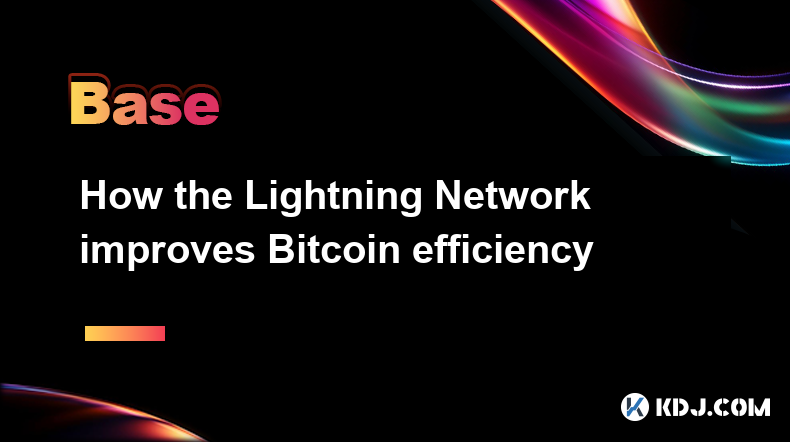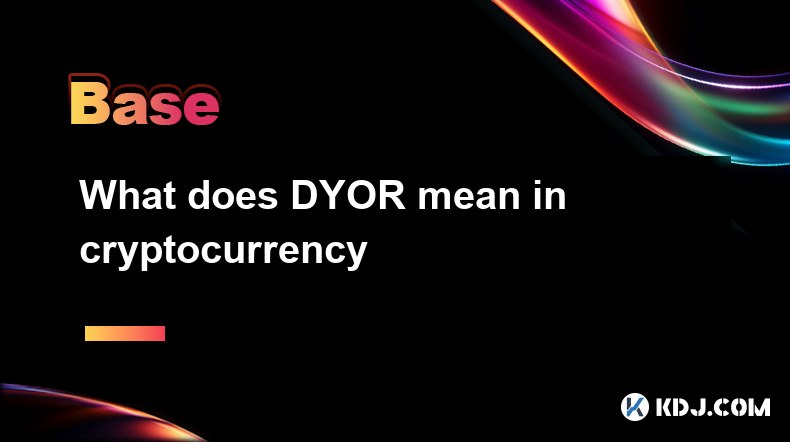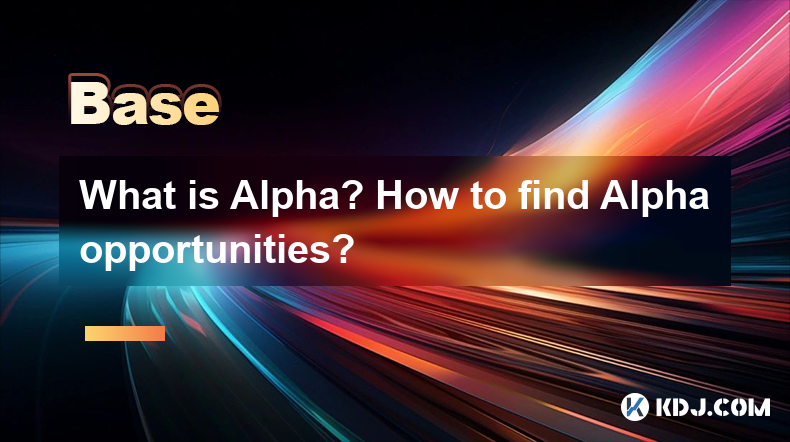-
 Bitcoin
Bitcoin $84,258.9872
0.35% -
 Ethereum
Ethereum $1,590.5943
1.14% -
 Tether USDt
Tether USDt $0.9998
-0.02% -
 XRP
XRP $2.0990
1.26% -
 BNB
BNB $587.2456
1.30% -
 Solana
Solana $132.5296
6.11% -
 USDC
USDC $0.9999
0.00% -
 TRON
TRON $0.2483
-2.37% -
 Dogecoin
Dogecoin $0.1557
1.96% -
 Cardano
Cardano $0.6199
2.68% -
 UNUS SED LEO
UNUS SED LEO $9.1185
-2.93% -
 Chainlink
Chainlink $12.4572
2.80% -
 Avalanche
Avalanche $19.2046
1.97% -
 Toncoin
Toncoin $2.9568
3.52% -
 Stellar
Stellar $0.2397
2.14% -
 Shiba Inu
Shiba Inu $0.0...01181
1.81% -
 Sui
Sui $2.0961
0.90% -
 Hedera
Hedera $0.1602
2.15% -
 Bitcoin Cash
Bitcoin Cash $330.4313
4.06% -
 Polkadot
Polkadot $3.6278
3.32% -
 Litecoin
Litecoin $74.9638
1.65% -
 Hyperliquid
Hyperliquid $16.4916
8.27% -
 Dai
Dai $0.9999
-0.01% -
 Bitget Token
Bitget Token $4.3499
0.87% -
 Ethena USDe
Ethena USDe $0.9990
-0.03% -
 Pi
Pi $0.6068
-1.04% -
 Monero
Monero $216.4766
0.12% -
 Uniswap
Uniswap $5.1795
0.94% -
 Pepe
Pepe $0.0...07203
1.55% -
 OKB
OKB $50.4898
-2.39%
What is federated learning and its privacy protection?
Federated learning enhances privacy in crypto by training models on local data, reducing risks of breaches and enabling fraud detection without sharing sensitive info.
Apr 07, 2025 at 05:57 pm

Federated learning is a machine learning approach that enables multiple parties to collaboratively train a model without sharing their raw data. This method is particularly relevant in the cryptocurrency circle, where privacy and data security are paramount. In this article, we will explore what federated learning is and how it enhances privacy protection within the crypto ecosystem.
Understanding Federated Learning
Federated learning is a decentralized approach to machine learning that allows models to be trained across multiple decentralized devices or servers holding local data samples, without exchanging them. This is particularly useful in the cryptocurrency world, where users often hold sensitive financial data that they do not wish to share with others.
In traditional machine learning, data from various sources is typically aggregated into a central location for training. However, this centralization poses significant privacy risks, especially in the crypto space where data breaches can lead to financial losses. Federated learning addresses this issue by keeping the data on the device where it was generated, thus reducing the risk of data exposure.
How Federated Learning Works
The process of federated learning involves several key steps that ensure the privacy of the data while still allowing for effective model training. Here's how it works:
- Model Initialization: A central server initializes a global model and sends it to participating devices or nodes.
- Local Training: Each device or node trains the model using its local data. This step ensures that the raw data never leaves the device.
- Model Update: After local training, each device sends only the model updates (e.g., gradients) back to the central server, not the data itself.
- Aggregation: The central server aggregates these updates to improve the global model.
- Iteration: The updated global model is then sent back to the devices for further training, and the process repeats until the model converges.
This iterative process allows for the creation of a robust model without compromising the privacy of the individual data holders.
Privacy Protection in Federated Learning
Privacy protection is a core benefit of federated learning, especially in the cryptocurrency sector. By keeping data local, federated learning minimizes the risk of data breaches and unauthorized access. Here are some specific ways in which federated learning enhances privacy:
- Data Localization: Since data remains on the user's device, there is no need to transmit sensitive information over the internet, reducing the risk of interception.
- Differential Privacy: Some federated learning implementations use differential privacy techniques to add noise to the model updates, further protecting individual data points from being reverse-engineered.
- Secure Aggregation: Techniques like secure multi-party computation can be used to aggregate model updates in a way that prevents the central server from accessing individual updates.
These methods ensure that even if the central server were compromised, the privacy of the data would still be maintained.
Applications of Federated Learning in Cryptocurrency
Federated learning has several potential applications within the cryptocurrency ecosystem. Here are a few examples:
- Fraud Detection: By training models on local transaction data, federated learning can help detect fraudulent activities without exposing sensitive transaction details.
- Market Analysis: Cryptocurrency exchanges can use federated learning to analyze market trends and user behavior without sharing individual user data.
- Wallet Security: Federated learning can enhance the security of cryptocurrency wallets by training models to detect and prevent unauthorized access attempts.
These applications demonstrate how federated learning can be leveraged to improve various aspects of the cryptocurrency ecosystem while maintaining user privacy.
Challenges and Considerations
While federated learning offers significant privacy benefits, it also comes with its own set of challenges and considerations. Here are some key points to keep in mind:
- Communication Overhead: The need to send model updates back and forth between devices and the central server can result in significant communication overhead, which can be a challenge in environments with limited bandwidth.
- Model Heterogeneity: Different devices may have varying computational capabilities, which can affect the consistency and quality of the model updates.
- Security Risks: While federated learning reduces the risk of data breaches, it is not immune to all security threats. For example, malicious actors could attempt to poison the model by sending false updates.
Addressing these challenges requires careful planning and implementation to ensure that the benefits of federated learning are fully realized without compromising the integrity of the system.
Implementing Federated Learning in Cryptocurrency Projects
For those interested in implementing federated learning in their cryptocurrency projects, here are some practical steps to consider:
- Choose a Framework: Select a federated learning framework that supports your specific use case. Popular options include TensorFlow Federated and PySyft.
- Define Data Privacy Policies: Clearly define how data will be handled and protected within your federated learning system. This includes setting up protocols for data encryption and secure communication.
- Set Up Infrastructure: Ensure that your infrastructure can support the communication and computational requirements of federated learning. This may involve setting up a central server and ensuring that participating devices meet certain hardware and software standards.
- Train and Test: Begin with a small-scale pilot to train and test your federated learning model. Monitor the performance and privacy protection measures to ensure they meet your standards.
- Iterate and Improve: Based on the results of your pilot, iterate and improve your federated learning system. This may involve adjusting the model architecture, enhancing privacy measures, or optimizing communication protocols.
By following these steps, you can effectively implement federated learning in your cryptocurrency project and leverage its privacy-enhancing benefits.
Frequently Asked Questions
Q: Can federated learning be used with any type of cryptocurrency data?
A: Yes, federated learning can be applied to various types of cryptocurrency data, including transaction data, user behavior data, and market data. However, the specific implementation may vary depending on the nature of the data and the privacy requirements.
Q: How does federated learning compare to traditional machine learning in terms of model accuracy?
A: Federated learning can achieve comparable accuracy to traditional machine learning, but it may require more iterations and communication rounds to reach the same level of performance due to the decentralized nature of the training process.
Q: Are there any regulatory considerations for using federated learning in the cryptocurrency space?
A: Yes, regulatory considerations may apply, especially concerning data privacy and security. It's important to ensure that your federated learning implementation complies with relevant regulations such as GDPR or CCPA, depending on your jurisdiction.
Q: Can federated learning be used to improve the security of decentralized finance (DeFi) platforms?
A: Yes, federated learning can enhance the security of DeFi platforms by training models to detect and prevent fraudulent activities and unauthorized access attempts without compromising user privacy.
Disclaimer:info@kdj.com
The information provided is not trading advice. kdj.com does not assume any responsibility for any investments made based on the information provided in this article. Cryptocurrencies are highly volatile and it is highly recommended that you invest with caution after thorough research!
If you believe that the content used on this website infringes your copyright, please contact us immediately (info@kdj.com) and we will delete it promptly.
- Kaspa (KAS) Price Prediction Hints at Accumulation Before Potential Surge
- 2025-04-17 22:15:13
- FET Price Prediction: Artificial Superintelligence Alliance (FET) Cryptocurrency Rebounds 10%
- 2025-04-17 22:15:13
- U.S. President Donald Trump Slammed Fed Chair Jerome Powell
- 2025-04-17 22:15:12
- Running a laundromat can't be as "easy" as potential investors may believe it is
- 2025-04-17 22:15:12
- BlockDAG (BDAG) Presale Explosion and Mobile Mining Powerhouse
- 2025-04-17 22:05:12
- Solana (SOL) Price Prediction: Eyes on $180 as Structure Turns Bullish
- 2025-04-17 22:05:12
Related knowledge

How the Lightning Network improves Bitcoin efficiency
Apr 17,2025 at 08:56pm
The Lightning Network represents a significant advancement in the Bitcoin ecosystem, aiming to address some of the most pressing issues related to transaction speed and cost. By enabling off-chain transactions, the Lightning Network drastically improves Bitcoin's efficiency, allowing for faster and cheaper transactions. This article will explore how the...

Analysis of the KYC process of cryptocurrency exchanges
Apr 17,2025 at 05:07pm
The Know Your Customer (KYC) process is a critical component in the operations of cryptocurrency exchanges. It serves as a regulatory measure to prevent fraud, money laundering, and other illicit activities. KYC procedures are designed to verify the identity of users and ensure compliance with financial regulations. This article delves into the various ...

What does Floor Price mean in the NFT market
Apr 17,2025 at 12:42am
The term Floor Price is a critical concept within the NFT (Non-Fungible Token) market, serving as a key indicator for both buyers and sellers. In essence, the floor price represents the lowest price at which an NFT from a particular collection is currently listed for sale on a marketplace. This price point is crucial for understanding the perceived valu...

How to understand the TVL indicator in DeFi projects
Apr 17,2025 at 03:28pm
Understanding the TVL indicator in DeFi projects is crucial for investors and enthusiasts looking to gauge the health and popularity of decentralized finance platforms. TVL, or Total Value Locked, represents the total amount of assets that are currently staked or locked in a DeFi protocol. This metric serves as a barometer for the trust and interest tha...

What does DYOR mean in cryptocurrency
Apr 17,2025 at 03:00pm
DYOR, or 'Do Your Own Research,' is a crucial mantra in the cryptocurrency community. It emphasizes the importance of individuals conducting their own thorough investigations before making any investment decisions. In the fast-paced and often volatile world of cryptocurrencies, relying solely on others' advice or the hype surrounding a particular coin c...

What is Alpha? How to find Alpha opportunities?
Apr 16,2025 at 12:42pm
What is Alpha?Alpha is a term widely used in the financial world, including the cryptocurrency market, to describe the ability of an investment to outperform a benchmark. In the context of cryptocurrencies, alpha refers to the excess return an investor achieves over the market's average return. For example, if the overall crypto market grows by 10% in a...

How the Lightning Network improves Bitcoin efficiency
Apr 17,2025 at 08:56pm
The Lightning Network represents a significant advancement in the Bitcoin ecosystem, aiming to address some of the most pressing issues related to transaction speed and cost. By enabling off-chain transactions, the Lightning Network drastically improves Bitcoin's efficiency, allowing for faster and cheaper transactions. This article will explore how the...

Analysis of the KYC process of cryptocurrency exchanges
Apr 17,2025 at 05:07pm
The Know Your Customer (KYC) process is a critical component in the operations of cryptocurrency exchanges. It serves as a regulatory measure to prevent fraud, money laundering, and other illicit activities. KYC procedures are designed to verify the identity of users and ensure compliance with financial regulations. This article delves into the various ...

What does Floor Price mean in the NFT market
Apr 17,2025 at 12:42am
The term Floor Price is a critical concept within the NFT (Non-Fungible Token) market, serving as a key indicator for both buyers and sellers. In essence, the floor price represents the lowest price at which an NFT from a particular collection is currently listed for sale on a marketplace. This price point is crucial for understanding the perceived valu...

How to understand the TVL indicator in DeFi projects
Apr 17,2025 at 03:28pm
Understanding the TVL indicator in DeFi projects is crucial for investors and enthusiasts looking to gauge the health and popularity of decentralized finance platforms. TVL, or Total Value Locked, represents the total amount of assets that are currently staked or locked in a DeFi protocol. This metric serves as a barometer for the trust and interest tha...

What does DYOR mean in cryptocurrency
Apr 17,2025 at 03:00pm
DYOR, or 'Do Your Own Research,' is a crucial mantra in the cryptocurrency community. It emphasizes the importance of individuals conducting their own thorough investigations before making any investment decisions. In the fast-paced and often volatile world of cryptocurrencies, relying solely on others' advice or the hype surrounding a particular coin c...

What is Alpha? How to find Alpha opportunities?
Apr 16,2025 at 12:42pm
What is Alpha?Alpha is a term widely used in the financial world, including the cryptocurrency market, to describe the ability of an investment to outperform a benchmark. In the context of cryptocurrencies, alpha refers to the excess return an investor achieves over the market's average return. For example, if the overall crypto market grows by 10% in a...
See all articles























































































